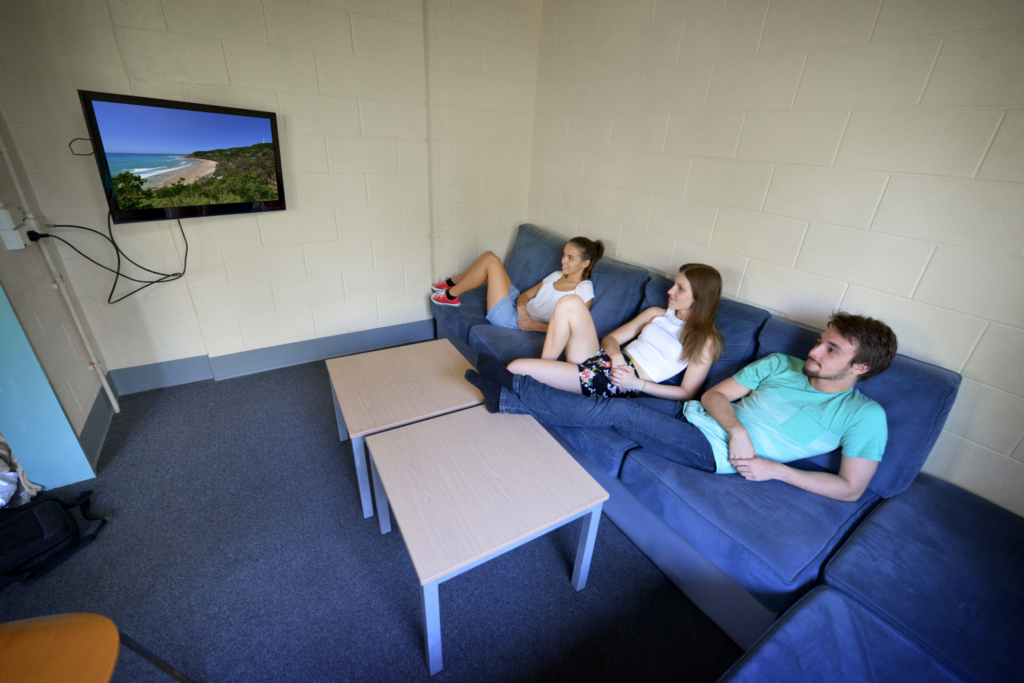College life, especially when residing in a dormitory, presents a unique set of challenges and opportunities. Personal wellness in dorm living is about more than just avoiding the common cold; it’s about nurturing your mental health and ensuring your living space contributes positively to your overall well-being. This article provides practical tips to help you maintain your mental health and comfort, making your dormitory feel like a personal sanctuary.
In this post:
Understanding the Importance of Mental Health in College
College students face many stressors: academic pressures, social challenges, and the struggle for independence are just the tip of the iceberg. It’s vital to acknowledge that mental health is as important as physical health. Feeling good mentally can enhance your academic performance, build stronger relationships, and lead to a more fulfilling college experience.
Regular Mental Health Checks
Make it a habit to check in with yourself. How are you feeling mentally? Are you overwhelmed, stressed, or lonely? Recognizing these feelings early can help you address them before they grow. Many colleges offer free counseling services, a beneficial resource if you’re feeling down or overwhelmed.
Building a Support Network
Connect with people who uplift you. This could be friends, family, or even counselors. Having a support network provides a safety net when things get tough. Participate in community events or join clubs to meet new people and form meaningful connections.
Making Your Dorm Room a Comfort Zone
Your dorm room is your retreat, a place where you start and end your day. Enhancing this space for maximum comfort can significantly improve your mental wellness.
Personalize Your Space
Decorate your dorm room with items that make you feel at home. Photos of family and friends, your favorite artwork, or even a cozy blanket can transform your space. Personal touches make your room more inviting and provide comfort during stressful times.
Invest in Comfort
Consider investing in items that increase comfort. A good mattress topper, comfortable bedding, and ergonomic furniture can dramatically improve your quality of life in the dorm. Being comfortable in your space helps reduce stress, which is crucial for good mental health.
Smart Storage Solutions for Dorm Dwellers
Managing belongings in a limited dorm space can be challenging for many college students. Clutter can cause anxiety and is not conducive to mental health. Learning the art of packing a storage unit can be incredibly useful, especially when transitioning between semesters or dealing with excess items that don’t fit comfortably in your dorm room.
Efficiently Using College Storage Facilities
Many colleges offer storage facilities or partnerships with local storage units, which can be a lifesaver for students who need to store their belongings over the summer or during a study abroad semester.
These college storage options allow you to keep your dorm room uncluttered and stress-free, making it easier to maintain a healthy, relaxing environment. Plus, it saves you from the hassle of having to transport a lot of items back home at the end of each semester, making your transitions smoother and more manageable.
Healthy Habits for Wellness
Incorporating healthy habits into your daily routine can play a significant role in maintaining your mental health and personal wellness in dorm living.
Regular Exercise
Physical activity is a proven mood booster. Most colleges offer gym facilities—take advantage of these. Find something you enjoy: a yoga class, swimming, or a gym session. Regular exercise keeps you fit and releases endorphins, which can improve your mood. Additionally, consider integrating short walks between classes to keep active throughout the day. These small bouts of exercise can also serve as a mental break, helping you reset and refocus for your next class.
Balanced Diet
Eating a balanced diet is essential for brain health. While dining halls may not always offer the healthiest options, try to make balanced choices. Incorporate fruits, vegetables, and whole grains into your meals. A healthy diet can affect your energy levels and mood, contributing positively to your mental health. When possible, prepare simple meals or snacks in your dorm room that include protein and healthy fats, which can help stabilize your energy and curb hunger throughout busy school days.
Adequate Sleep
Never underestimate the power of a good night’s sleep. Sleep affects your mood, energy levels, and overall health. Try to prioritize a quality mattress and maintain a regular sleep schedule, even on the weekends. Creating a bedtime routine can signal your brain that it’s time to wind down, helping you get better quality sleep. In addition to establishing a bedtime routine, consider using tools like blackout curtains and white noise machines to create an ideal sleeping environment free from dormitory noise and light disturbances.
Managing Stress in a Dorm Environment
Living in close quarters with others can sometimes heighten stress levels. Here are some strategies for managing stress effectively and enhancing personal wellness in dorm living.
Time Management
One of the biggest stressors in college is managing academic and social life. Use planners or digital apps to keep track of your tasks and commitments. A good time management strategy can prevent last-minute rushes and reduce stress. Also, breaking larger tasks into smaller, manageable steps can help you feel less overwhelmed and more in control of your workload. This approach keeps you organized and boosts your sense of achievement as you tick off tasks from your list.
Create Quiet Time
Find time for silence. Whether meditation, reading, or sitting quietly, having a quiet moment can help clear your mind and reduce stress. If finding calm in your dorm room is challenging, explore quiet spots around campus or use noise-canceling headphones. Establishing a routine for these quiet moments can significantly enhance their effectiveness, providing you with a daily opportunity to reset and refocus, which is indispensable for maintaining mental clarity and emotional balance.
Engage in Relaxing Activities
Find activities that help you unwind. This could be anything from knitting to playing a musical instrument. Engaging in hobbies can distract you from stressors and improve your mental health. Regularly setting aside time for these activities can create a healthy rhythm in your life, reducing the constant pressure of academic responsibilities. Likewise, consider joining campus clubs or groups related to your hobbies to connect with like-minded peers, further enhancing your social circle and providing additional support systems.
Improving Personal Wellness in Dorm Living
Personal wellness in dorm living is about creating habits and spaces that support your mental health and comfort. Personalizing your space, engaging in healthy habits, and utilizing resources and strategies to manage stress can make your college years bearable and enjoyable. Taking care of your mental health is not a luxury—it’s a necessity. Prioritize yourself to make the most out of your college experience.







